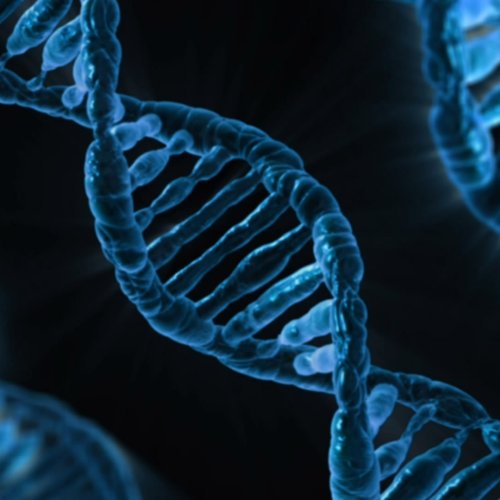SELLING OFFER
Seek co-innovation with global enterprises and governmental institutions
NGS-based genetic testing for rare genetic diseases
185 2023. 11. 22.
Summary
A laboratory based in South Korea offers NGS-based genetic testing including Whole Genome Sequencing and Whole Exome Sequencing for rare genetic diseases. They are the most comprehensive tests for 7,000 and more rare genetic diseases by sequencing 20,000 protein-coding regions or the entire genome of the patient. The Company provides a one-stop service from sample pickup to the clinical-level report for doctors.
The Company is looking for laboratories and hospitals interested in genetic testing.
Advantages and Innovations
The company builds its service around 3 aspects, i.e., diagnostic accuracy, turnaround time, and reanalysis to end the diagnostic odyssey of patients with rare diseases.
1. The core of diagnostic - automatic pathogenicity interpretation system and AI tool
: To shorten the diagnostic odyssey, the company’s diagnostic service covers the whole 20,000 genes to check all possibilities of rare diseases instead of targeting only a few targeted causative genes.
Equipped with a leading bioinformatic system and AI tool based on ACMG guidelines, the company’s diagnostic service includes:
- Accessing the database from OMIM, gnomAD, ClinVar, HGVS, HGMD, MITOMAP and 48,000 in-house dataset
- Shortening the cycle time taken for interpretation from 20 hours per sample to 5 minutes per sample on average
The company has recently won the CAGI6, a Global Artificial Intelligence Genome Interpretation Contest in 2022 and the 2023 Global Genes’ Xcelerate RARE open science data challenge that proved the accuracy of the diagnostic service.
2. Lifetime reanalysis
Although the company’s diagnostic service shows higher diagnostic yield, 58.6% of patients are not still diagnosed. Therefore, it is essential for timely reanalysis of the tested patients with 200~300 new findings yearly. The reanalysis is done through automated pipeline every day and it adds to the diagnostic yield upto 10% on yearly-basis.
3. Shorter turnaround time (TAT)
The company provides the test report for patients within 30 days from the date of the sample reception. That’s 2 weeks quicker than other global service providers in general.
Stage of Development
Description
Diagnostic service is used for the molecular diagnosis of the patient suspected of 7,000 and more rare genetic diseases in the category of dermatological, skeletal, ophthalmological, neurodevelopmental, hearing and ear, metabolic, hematological, immunological, respiratory, cardiovascular, renal and urinary tract disorders.
Instead of targeting at a specific causative gene or a set of genes, it reads either 20,000 protein-coding regions or entire genome of the patient and yields a single or two causative variant(s) out of a few ten thousand up to a few million genetic variants.
Hence, unlike targeting specific gene, whole genome sequencing and whole exome sequencing can screen the causative variant comprehensively.
The AI-based variant interpretation system interprets, categorizes, and curates all the likely causative variants and lists them for confirmatory review by the multidisciplinary medical genetics team. Then the causative variant is finalized in the clinical-level report for the diagnosis.
The company is looking for laboratories, hospitals, clinics or rare disease research centers interested to expand molecular diagnostic options to NGS-based genetic testing.
Technology Keywords
Market Application Keywords
Sector Group
Type and Size of Client
Type and Role of Partner Sought
- Type of partner sought
Private laboratories, research institutions, public and private hospitals that are interested in molecular diagnostics, genetic testing and rare disease diagnosis
- Specific area of activity of the partner:
Molecular genetics, genomics, precision medicine, rare genetic disease
Type of Partnership Considered
Outsourcing Agreement
Company
Internal Reference
Category
If interested, please press this button.
We will answer you soon.